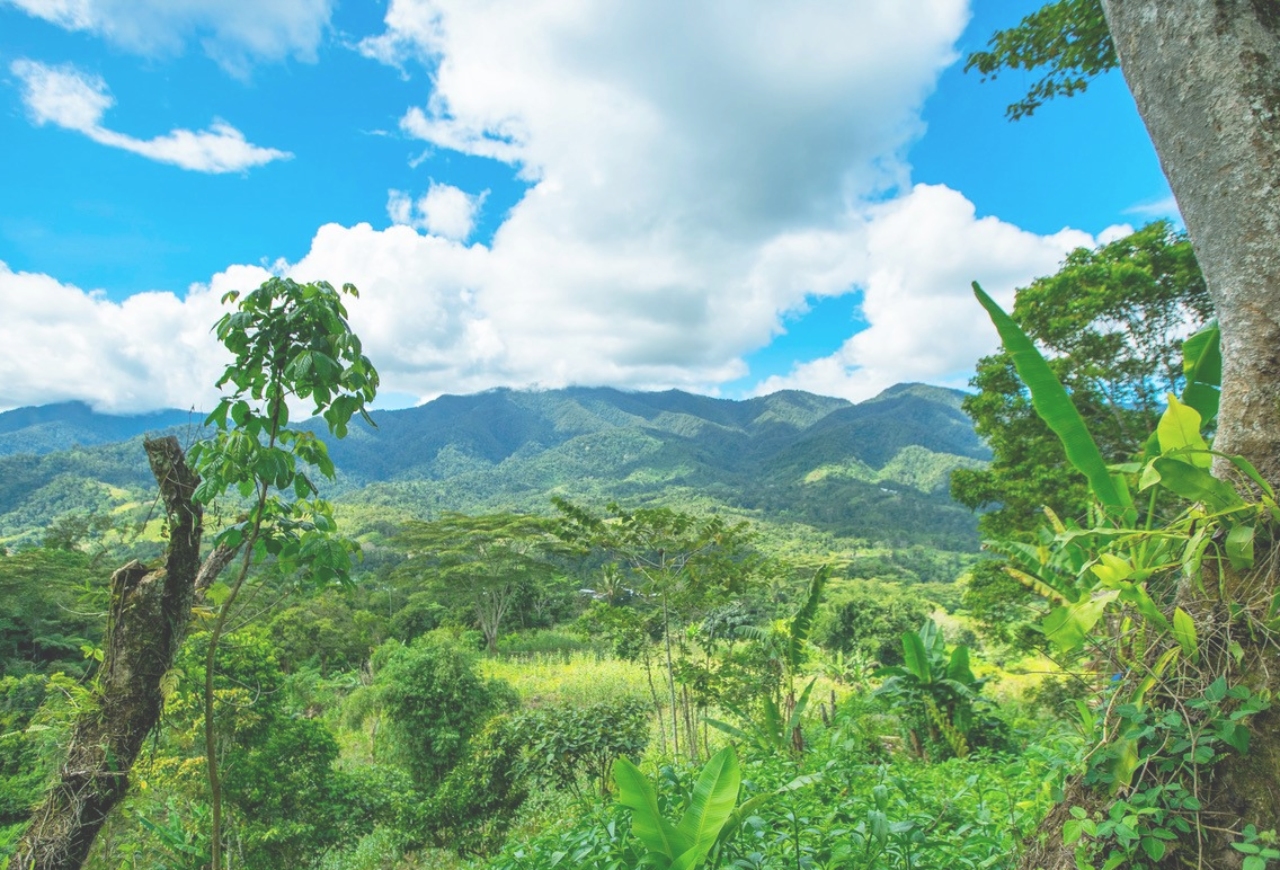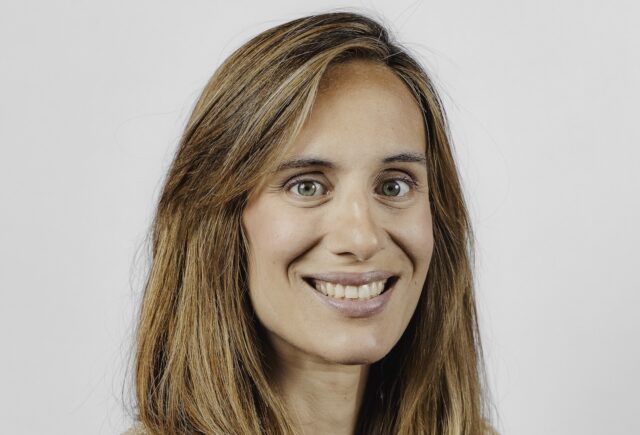Mirova has also announced a €10m investment into regenerative agricultural startup ReGeneration, aiming to help French and Belgian farmers transform agricultural practices towards more resilient models.

French sustainable investor Mirova has announced that the UK Department for Environment, Food & Rural Affairs (DEFRA), Global Affairs Canada (GAC) and The Coca-Cola Foundation have invested approximately €25m into the Mirova Sustainable Land Fund 2 (MSLF2). DEFRA and GAC previously invested in the $208m (€179m) Mirova Sustainable Land Fund 1 which reached final close in 2022.
The new capital brings total commitments to Mirova’s second land use investment strategy to more than €100m. The fund employs a blended finance approach to mobilise public and concessional capital to de-risk investments and attract larger volumes of private funding into sustainable land use projects in emerging markets.
Impact Investor previously reported on an earlier fundraising from a mix of public, private and philanthropic investors, including Abeille Assurances, Allianz France, BNP Paribas Cardif, and Dutch and French development finance institutions FMO and Proparco.
The UN’s Green Climate Fund also approved a €75m investment announced in February, which Mirova says is expected to be fully signed by the end of the year.
Speaking to Impact Investor, Gautier Queru, managing director, natural capital at Mirova, said: “We are proud to have the support of the British and Canadian governments, especially since they invested in our first fund, which is a strong signal of trust in our strategy. It was also easier and faster to implement these investments, which is a positive for blended finance vehicles, which are often said to be complex and long-to-establish.”
Queru said The Coca-Cola Foundation’s support demonstrated the growing willingness of philanthropy “to sit around the table in blended finance.”
“Philanthropy is playing an increasingly critical role in the global context in which public money is scarce, and in which overseas development aid is having to compete with other government priorities. Blended finance offers a way to make efficient use of public money by leveraging more commercial, private and philanthropic capital to support investments in emerging countries,” he added.
Investments
The fund will invest into sustainable land use projects in Africa, Latin America, and Asia, with the aim of scaling nature-based solutions that deliver climate, biodiversity, and community benefits. It has partnered with organisations such as the Forest Stewardship Council (FSC) and the Rainforest Alliance to source and support the projects on the ground.
The fund portfolio will have approximately 15 holdings and the first investments are expected to be announced in the coming weeks.
“We have screened over 300 investment opportunities and there is really interesting traction in the supply chains of cocoa, wood and tree nuts. We have found especially interesting opportunities in South East Asia and Africa,” he added.
Mirova said the fundraising period for the fund remains open, with a target size of €350m, which Queru said the company hopes to reach by summer 2026.
“We are cautiously optimistic, partly because we are seeing a strong pipeline of investors interested in the topic of natural capital,” said Queru, adding that there are two ‘dimensions’ to this demand.
“Firstly, there’s the willingness to make a positive impact in relation to the climate and nature protection, but increasingly, investors are also becoming aware of the physical risks to supply chains of natural capital depleting. They see the need to invest upstream to secure production of the foods that our growing economy depends on,” he added.
Natural capital in focus
Mirova says that in response to these growing physical risks, the aim of the fund will be to channel capital toward resilient, low-carbon agricultural and forestry production as well as the infrastructure used for processing raw materials. Target sectors include sustainable forestry, agroforestry, and regenerative agriculture.
The fund aims to deliver measurable outcomes in climate adaptation and mitigation, biodiversity conservation, and social inclusion. It also has a strong focus on empowering women in emerging markets.
“The gender gap is one of the reasons for inefficient land use in which women don’t have equal access to land, financing or training,” said Queru.
“The projects we will support, will work towards addressing this gap and will be further reinforced by a technical assistance facility, that will provide support and training to project operators.”
€10m investment into ReGeneration
Mirova also announced a €10m investment into regenerative agricultural startup ReGeneration through the company’s environmental assets (carbon) strategy. The strategy invests into projects transforming agricultural practices into more resilient models that generate additional income for farmers in France and Belgium and relies on financing from Mirova’s Climate Fund for Nature and Orange Nature funds, which are part of the company’s natural capital division overseen by Queru.
ReGeneration issues farmers committed to decarbonisation, with Verified Carbon Standard credits that they can sell to finance their transition towards a regenerative model of farming, which Mirova says will provide them with greater long-term economic resilience.
The company issues the credits based on verified agricultural data it gathers and analyses from farmers who have joined its agroecological transition programme. In addition to measuring carbon sequestration, the data is also used to measure biodiversity, soil health, water quality and economic resilience, among other metrics.
Mirova’s investment will allow approximately 3,400 farmers to adopt regenerative practices across 500,000 hectares, it says. Farmers also receive tailored agronomic support over a minimum of five years.
Commenting on the investment, Charlotte Lehmann, senior investment director at Mirova, told Impact Investor that solutions like those developed by ReGeneration “play a vital role in tackling climate change by enhancing soil carbon sequestration while supporting farmers in their shift to more resilient and inclusive models.”
The investment in ReGeneration is expected to avoid or reduce 10.4 million tonnes of CO₂eq over 20 years, with 30% of emissions avoided and 70% of CO₂ sequestered in a sector that, according to the French Ministry for the Ecological Transition, is the second largest source of emissions in France after transport. The investment is also expected to improve soil biodiversity, water resources, build economic resilience by improving yields and reducing costs, and lower exposure to chemical substances.






